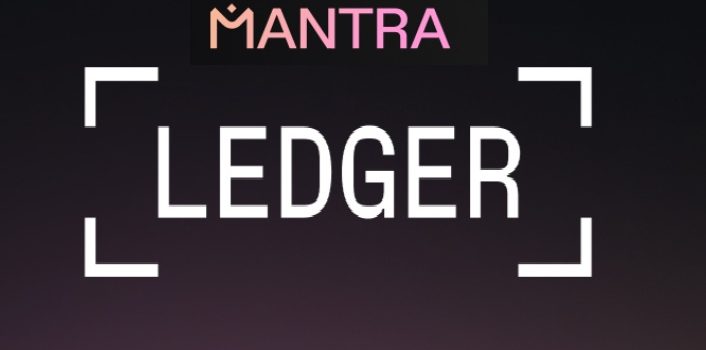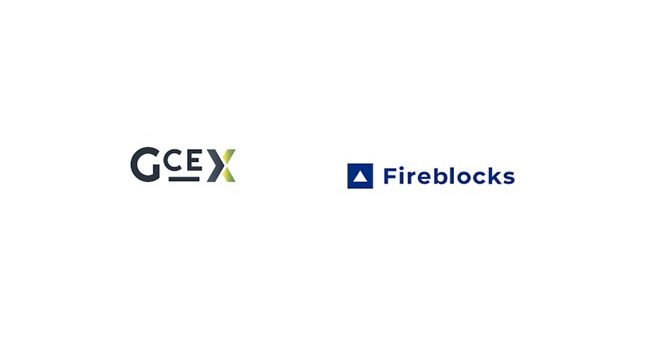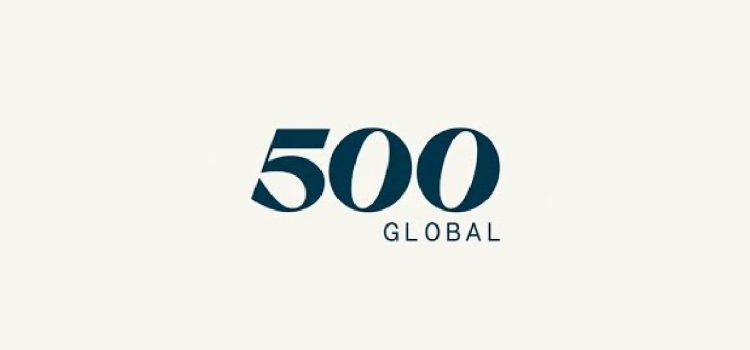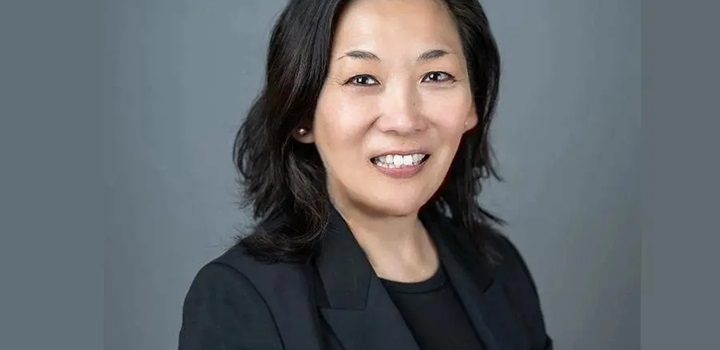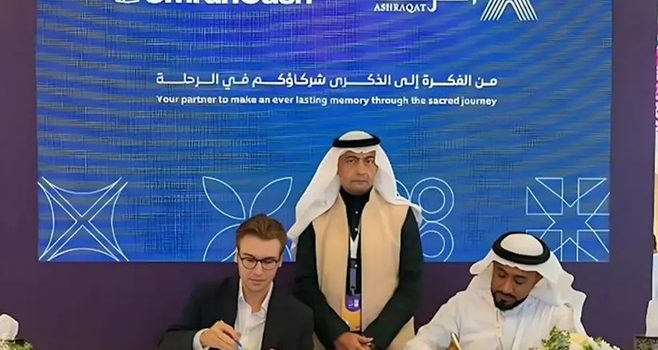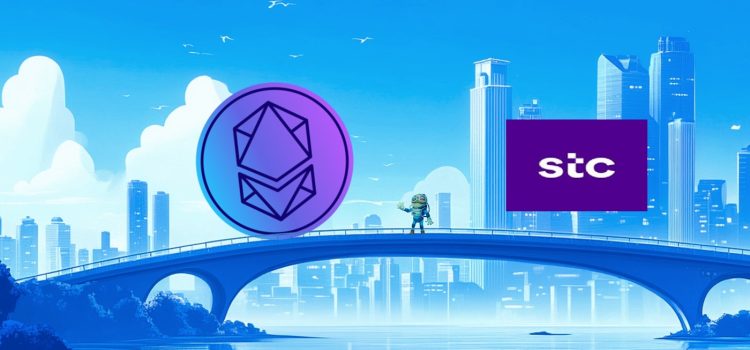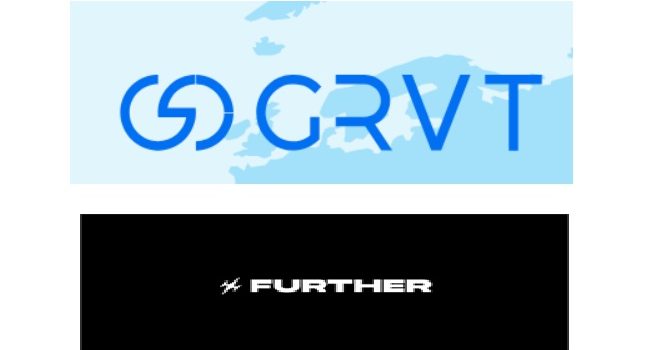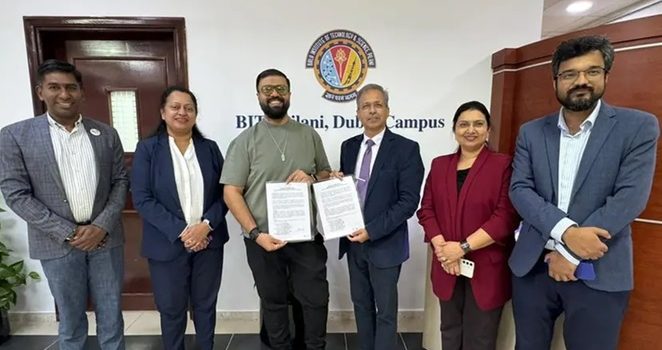
Ledger, crypto wallet hardware provider, have joined UAE based Mantra Layer1 Blockchain as one of the validators.
As per the blog post, Mantra noted, “We’re thrilled to announce that Ledger has joined MANTRA as a Validator, strengthening our network security and further decentralizing our governance process. MANTRA has also integrated with Ledger Live, allowing Ledger to support MANTRA Chain natively for all Ledger devices and enable users to manage and stake their $OM directly through the platform.”
The MANTRA Mainnet for real world asset tokenization launched in October 2024 with validators playing a crucial role in operating a blockchain, ensuring efficient and secure transactions, and upholding sound governance.
MANTRA has already onboarded prominent validators such as Google Cloud, Twinstake, and Hex Trust.
As per the blog post, Ledger, renowned for its hardware security devices like the Ledger Nano, brings solid security expertise to the MANTRA Chain validator set. This collaboration not only strengthens network security but also paves the way for additional integrations, leading to improved user experiences and enhanced security features within the MANTRA Chain ecosystem.
This comes weeks after UAE Conglomerate DAMAC Holdings announced it would be tokenizing $1 billion worth of assets on Mantra Blockchain. In an interview with CoinDesk, CEO of Mantra John Patrick Mullin, stated, ” The UAE will become the epicenter of where this all kicks off, as regulatory frameworks are critically supportive here.”
DAMAC’s Managing Partner Amira Sajwani also noted in the interview with CoinDesk, that it is the perfect time. She noted ” In the UAE, there is a massive spotlight on the country. Working with Mantra we are allowing people to enter lower entry point tokenizing properties, the timing is mature and there is an accurate regulatory framework coming in place, supporting innovation.”
She adds, ” We already had an entity regulated by DFSA and we already have experience fractionalizing real estate where the entry point is 500 AED equivalent to $150 and we have had huge traction. The average was much higher between $300-$10,000 investment tickets so we knew there was a market for it and a demand. Now we are moving it tokenized assets, tokenization allows more transparency and efficiency with the title deed of the property, and we chose Mantra because after exploring other chains, we chose them for their technology but the team was equally as important.”








